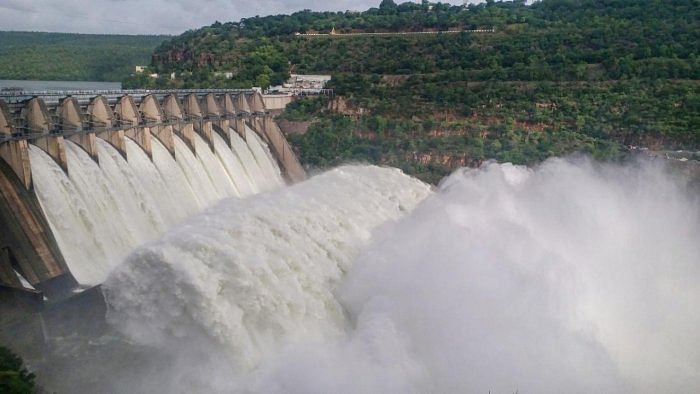
By Rajesh Kumar Singh
India approved its largest ever hydropower project in the mountainous northeastern region bordering China as the country seeks to build renewable generation to meet rising power demand.
The government approved the estimated investment of Rs 32 thousand crore for the 2,880-megawatt Dibang project in Arunachal Pradesh, state-run hydropower producer NHPC Ltd. said Monday. The project is estimated to take nine years to build.
India has classified hydropower as renewable energy and sees it as key in its transition away from coal to help manage the fluctuations caused by intermittent solar and wind supplies. However, the large-scale environmental damage and dislocation of communities to construct dams has hampered those plans, with local protests delaying projects and adding to construction costs.
Dibang, which will be built over more than 5,000 hectares (12,360 acres) of forest land, faces similar risks, according to Himanshu Thakkar, coordinator for nonprofit South Asia Network on Dams, Rivers and People. The company’s nine-year timeline is optimistic when accounting for potential delays because of local protests and geological difficulties, he said.
“The cost is going to be much higher and benefits much lower,” Thakkar said. “There’s really no viability for such projects.”
The approved investment includes 67.2 billion rupees of government support for flood moderation and enabling infrastructure, such as roads and bridges connecting the construction site.
NHPC didn’t respond to an email seeking comments.
Several other projects in the Himalayan region are running years behind their original schedule, with some blamed for loosening the earth and forcing local evacuations.
“The Himalayan region is such a disaster-prone area and every such project is going to act as a force-multiplier for potential disasters,” Thakkar said.